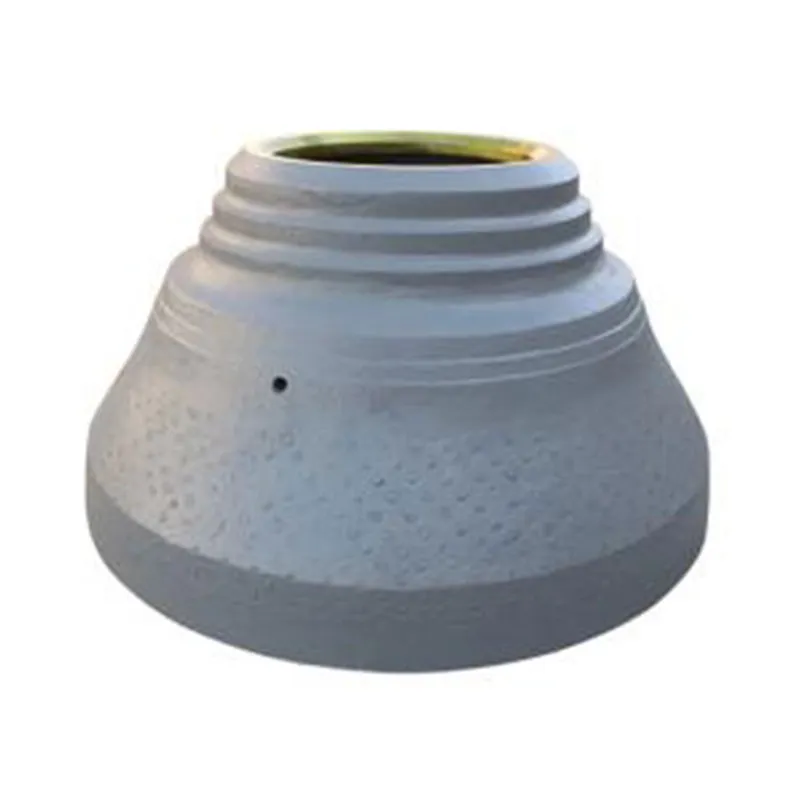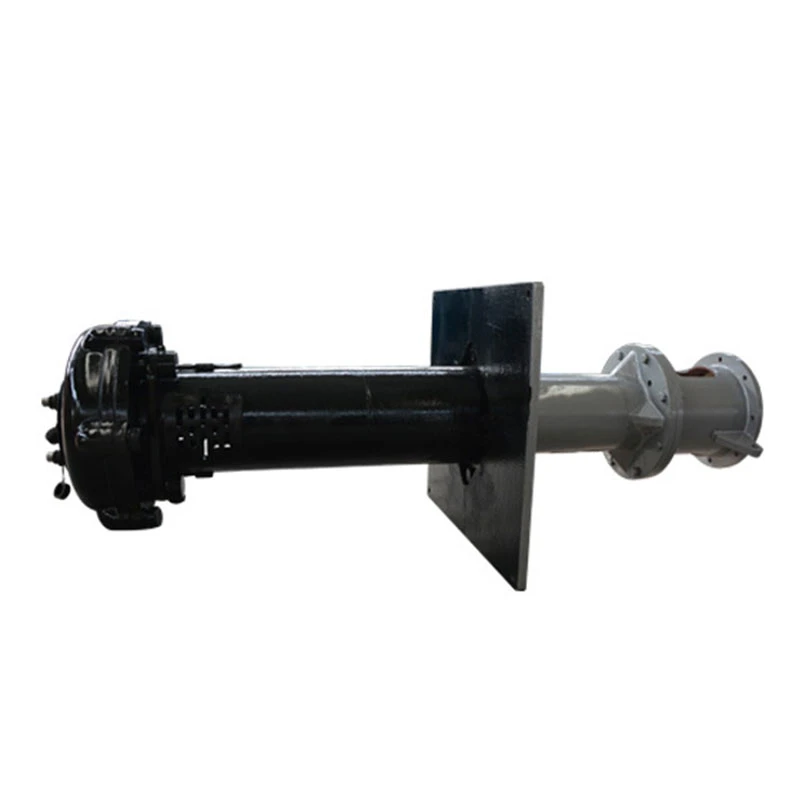Vomiting is a natural response of the body to expel harmful substances from the stomach. While occasional vomiting may not be a cause for concern, recurrent or severe vomiting can indicate a more significant health issue. Common reasons for a dog to vomit include eating spoiled food, consuming non-food items, infections, or diseases affecting the gastrointestinal system. Before considering vomiting tablets, it’s essential to observe your dog’s overall health and be aware of other symptoms such as lethargy, diarrhea, or signs of pain.











